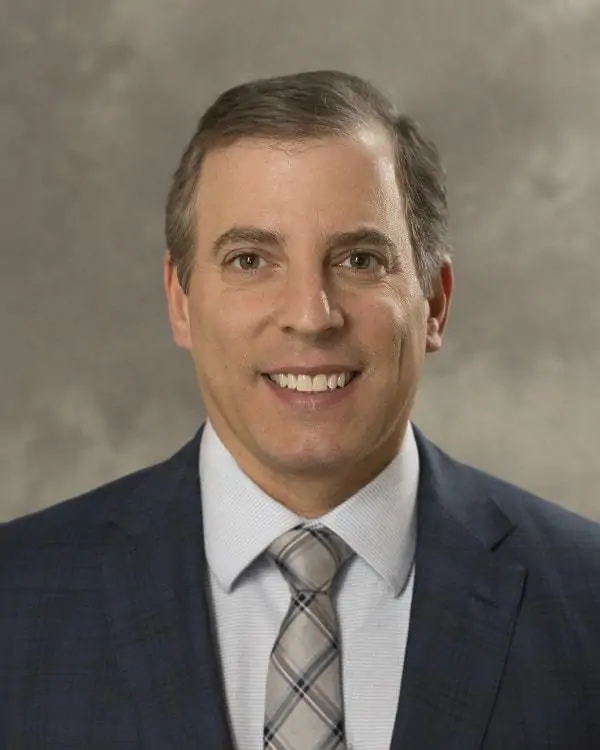Bad breath, or halitosis, is a common problem that can be embarrassing and distressing. Many people experience bad breath at some point in their lives, and it’s often caused by various factors that your dentist can help you identify and treat. If you’re struggling with bad breath, visiting a dentist in Lyndhurst is a significant first step to finding a solution.
Common Causes of Bad Breath
Bad breath can be caused by several factors, including:
- Poor dental hygiene
Not brushing and flossing regularly can leave food particles that promote bacterial growth between teeth, on the tongue, and around the gums.
- Foods and beverages
Certain foods, such as onions, garlic, and spices, and beverages like coffee, can temporarily worsen breath.
- Tobacco products
Smoking or chewing tobacco-based products can also cause bad breath.
- Dry mouth
This condition reduces saliva production, which is necessary to clean the mouth and remove particles that cause bad odors.
- Medical conditions
Sometimes, bad breath is a sign of a more serious condition, such as diabetes, kidney or liver problems, or chronic sinus infections.
How Your Dentist Can Help
The good news is that your dentist in Lyndhurst can play a crucial role in treating bad breath by:
- Performing a thorough oral examination should be performed to check for any dental problems that might be contributing to bad breath.
- Giving you professional dental cleaning to remove built-up plaque and tartar that cause bad breath.
- Offering guidance on proper oral hygiene, showing you how to effectively brush and floss to eliminate the bacteria that cause bad breath.
- Recommending products such as mouthwashes and toothpaste designed to fight bad breath.
- Identify dry mouth and recommend specific treatments or changes to your medications.
Simple Steps to Improve Your Breath at Home
While your dentist can provide treatments and advice, there are also steps you can take at home to improve your breath. Try the following:
- Brushing and flossing daily
Be sure to clean your teeth twice daily and floss daily to remove food debris and plaque.
- Using mouthwash
A therapeutic mouthwash can help reduce plaque and eliminate or decrease bacteria that cause bad breath.
- Staying hydrated
Drinking water throughout the day helps keep your mouth clean and reduces dry mouth.
- Cleaning your tongue
Use a tongue scraper or your toothbrush to clean your tongue regularly.
- Quitting smoking
If you smoke or use other tobacco products, quitting can significantly improve your breath and your overall health.
When to See a Dentist
If you have tried these steps and still have bad breath, it might be time to consult your dentist. Persistent bad breath can indicate a more serious underlying condition, such as gum disease. Your dentist can help you identify the cause and recommend appropriate treatment.
While bad breath can be a nuisance, it’s often treatable with the right combination of dental care and personal hygiene practices. Your dentist in Lyndhurst is ready to help you achieve fresh breath and maintain a healthy smile. Don’t let bad breath hold you back—contact our dental office today for a consultation!


